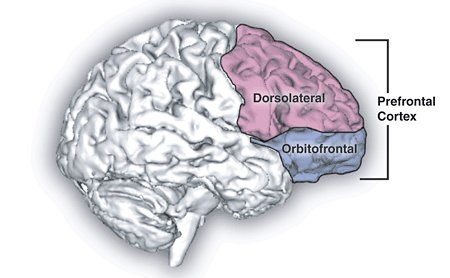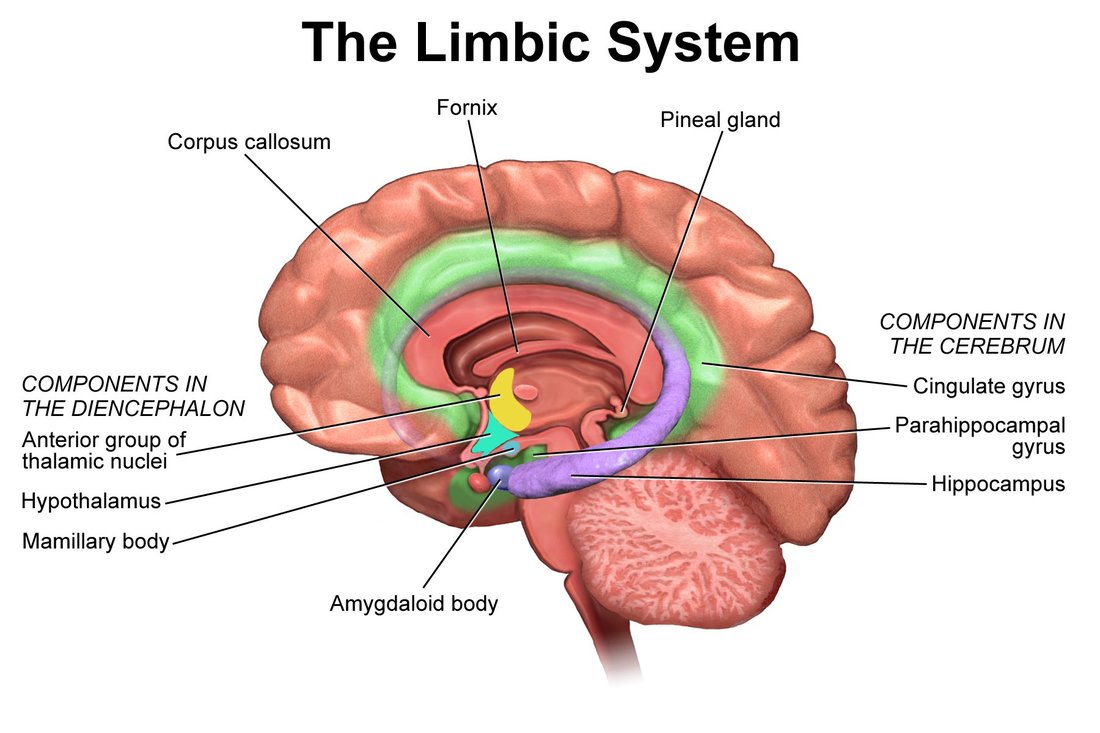 Procrastination doesn't have to derail your productivity. Procrastination doesn't have to derail your productivity.
Consider the cliche job interview question — What’s your biggest weakness?* What’s the worst answer you can give?
“I’m a procrastinator.” Probably no quicker way to ensure you’re “not the right fit” for that job. No matter what the job is. Procrastination has become one of the ugliest words in modern work. It’s practitioners are stigmatized more than employees who make bad choices and blow up the company. They at least were doing something, the thinking goes.
But what if we’re thinking about it all wrong? What if the impulse to procrastinate is one of the more valuable tools we have?
Turns out it is. And learning to harness procrastination for good can teach you things about life and work that might otherwise take years. Procrastination, no matter how vilified, knows exactly when to rear its villainous head. Or as Nassim Taleb put it in his book “Antifragile: Things That Gain from Disorder.” “Psychologists and economists who study ‘irrationality’ do not realize that humans may have an instinct to procrastinate only when no life is in danger. I do not procrastinate when I see a lion in my bedroom or fire in my neighbor’s library. I do not procrastinate after a severe injury. I do so with unnatural duties and procedures.” Put this way, it’s easy to see how your brain uses procrastination to show you what’s really important. Think about the last thing you procrastinated on. Was is a matter of life and death? Probably not. Likewise, think about the last task you were laser focused on, I bet it felt like a pretty significant undertaking. Think about the last time you applied for a job or promotion that you deeply wanted. Did you fool around or get right to it?
Procrastination can be thought of as a battle between two forces in your brain, both fighting to send you signals on how to behave. Let’s take a look at these two systems and what each does.
The limbic system The limbic system is a network in your brain that includes hypothalamus, the amygdala, and the hippocampus. It controls many emotions and actions essential to life, like eating. It is where emotion is regulated. It’s often characterized as the “feeling and reacting brain.” You feel thirsty, you have a drink. It’s a quick response to an immediate need. That’s limbic 101. The prefrontal cortex If the limbic system is the “feeling and reacting brain,” then the prefrontal cortex is the “thinking brain” This is where the complexities and nuance goes down. Language, problem solving, long-term planning. The PFC is what makes humans special. It is our most evolved brain region but also the one most susceptible to stressors. A tiring day at work will not make you forget to feel hungry, but it can temporarily wash away your ability to grasp complex problems in your prefrontal cortex. Ever wonder why you struggle to phrase something eloquently when you’re hungry and tired? The limbic system doesn’t like when you engage in complex tasks that have no short-term reward. It constantly fights for short-term dominance. While your prefrontal cortex bears the burden of doing what’s best for long-term gain. You might think the most successful people are all prefrontal cortex. That’s not the case. Entrepreneur and investor Paul Graham has written that some of the most successful people he’s encountered are terrible procrastinators. And he’s noticed three types of procrastinators, based on the activities they pursue instead of what they “should be doing.” Procrastinators are pursuing: A: Nothing B: Something less important C: Something more important “That’s the sense in which the most impressive people I know are all procrastinators,” he writes. “They’re type-C procrastinators: they put off working on small stuff to work on big stuff.” Or put another way: “Good procrastination is avoiding errands to do real work,” Graham writes.
A better definition of procrastination
The two systems butt heads (no pun intended) and the result is procrastination. Your limbic system pulls you away from something complex, with long-term benefits, toward something more emotional with short-term benefits. Looking at it this way we can craft a better definition of procrastination. Most dictionaries define procrastination as the act of putting off or delaying something that should be done. This definition ignores a second, crucial step to procrastination: the act of choosing instead to do something emotionally rewarding for short-term gain. We often fail to see this because what we chose to do when we procrastinate is often so trivial that it seems like nothing at all. What’s usually said: “I procrastinated on the big project, I did nothing all afternoon.” What’s more accurate to say: “I avoided the big project because, while rewarding in the long term, it’s complex and strains my prefrontal cortex. Therefore I chose to watch cute cats on YouTube because it’s emotionally rewarding in the short-term.” Consider this then a better, more-full definition of procrastination: Putting off or delaying something complex, with long-term benefits, in favor of something emotional with short term benefits.
Ask yourself?
1. What are the long-term benefits of what I am putting off? 2. Can I do without those benefits? 3. Can I achieve the same benefits through some other task? 4. Can I replace those benefits with equally valued benefits that are achieved some other way? 5. Can I delegate or outsource the activity and achieve the same benefits?
Good procrastination and how to use it
Now that we understand where procrastination comes from, and have a better way of defining it. We can start to use it to our advantage. Taleb uses procrastination to decide if he’s really passionate about his work. If he found himself procrastinating on writing a particular chapter, he cut it from his book. “Why should I try to fool people by writing about a subject for which I feel no natural drive?,” he writes. Some people have the will power to interrupt procrastination and put themselves back on track. This is seen as success. Unfortunately, all they’ve done is wrestle their impulses into submission. They’ve done nothing to analyze the procrastination and figure out where it came from. Procrastination is a symptom, you need to find the source. Here’s your new challenge: Don’t just kill procrastination. Perform an autopsy and find out where it came from. Here is a series of questions to ask yourself the next time you find yourself procrastinating. 1. What are the long-term benefits of the task I’m putting off? 2. Can I do without those benefits? 3. Can I achieve the same benefits through some other task? 4. Can I replace those benefits with equally-valued benefits that are achieved some other way? 5. Can I delegate or outsource the activity and receive the same benefits? If you answer yes to any of 2-5, consider eliminating the task from your life and getting the benefits some other way. Otherwise, the exercise may give you the boost you need to buckle down and get back on task. Now that you’ve reflected on the long-term benefits, you might just be more motivated to get back to work. You might have learned something valuable about yourself. Now back to the cats. Read the original article on iDoneThis Blog Blake Thorne, iDoneThis Blog Comments are closed.
|
Senior Living Recruiting is what we do.AuthorLM Hurley & Associates Executive Recruiting Archives
October 2023
Categories |


